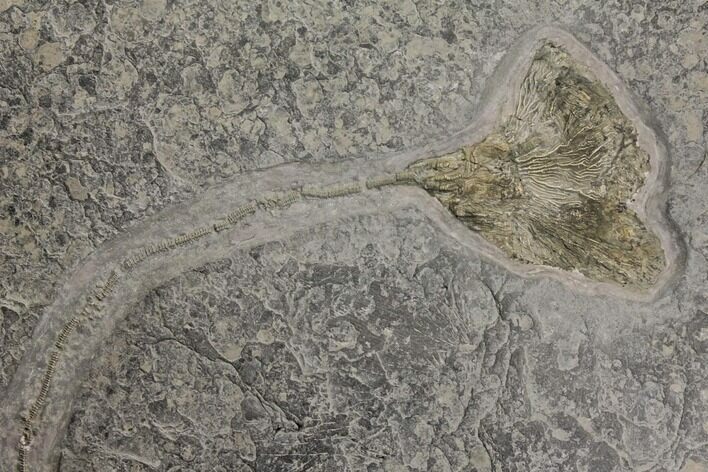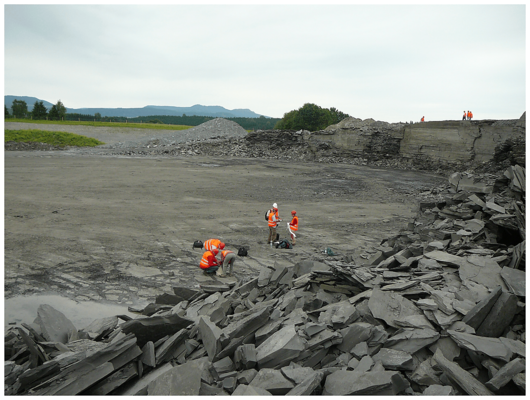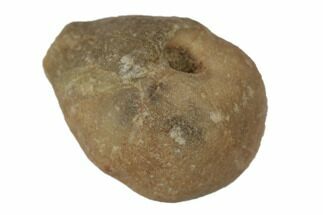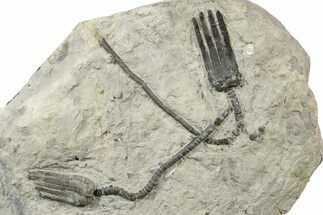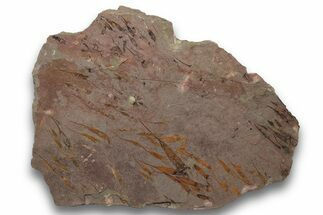This Specimen has been sold.
30" Pyrite Replaced Fossil Crinoid (Seirocrinus) - Holzmaden, Germany
This is a beautiful plate that prominently features a pyrite-replaced crinoid fossil of the species, Seirocrinus subangularis. This rather large specimen was collected from the Jurassic-aged Posidonia Shale of Holzmaden, Germany and flashes a brilliant golden color when light hits the pyrite just right. The crinoid is about 30" long (straightline) with a crown that is 5" wide, and the plate measures just over 24" tall by 23.5" wide. specimens that are of this superb quality and have such consistent pyrite replacement are few and far between. A collectors piece of the highest caliber.
Crinoids, sometimes commonly referred to as sea lilies, are animals, not plants. They are echinoderms related to starfish, sea urchins, and brittle stars. Many crinoid traits are like other members of their phylum; such traits include tube feet, radial symmetry, a water vascular system, and appendages in multiples of five (pentameral). They first appeared in the Ordovician (488 million years ago) and some species are still alive today.
The Posidonia Shale (part of the Sachrang Formation) outcrops near the town of Holzmaden in southern Germany have been commercially quarried for centuries. The quarried shale has been used for such things as tile, table tops, and fireplace hearths. These quarrying operations have also uncovered a vast treasure trove of beautifully preserved, Early Jurassic (~183 million years old) fossils. The lower shale layers have even produced world-class ichthyosaur fossils with preserved skin and soft tissue impressions.
SPECIES
Seirocrinus subangularis
LOCATION
Holzmaden, Germany
FORMATION
Posidonia Shale
SIZE
Rock 24 x 23.5", Crown 5", About 30" long (including Stem)
CATEGORY
SUB CATEGORY
ITEM
#144121
We guarantee the authenticity of all of our specimens.
 Reviews
Reviews




